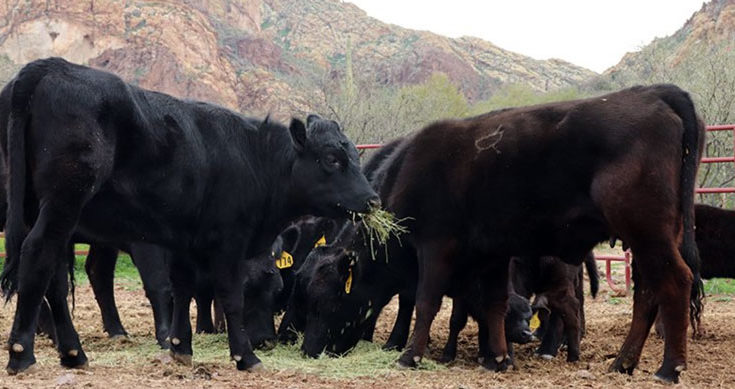File Photo By Lurissa Carbajal/Cronkite News
Dear Editor:
We read with interest the recent letter to the editor, “The Family Farm,” from Mr. Philip Bashaw (Nov. 4, 2021).
As Mr. Bashaw points out, 95 percent of Arizona farms are family-owned. America’s food supply critically depends on these farmers and ranchers who work hard to put food on our tables but who lack the fiscal “deep pockets” enjoyed by corporate agribusinesses. Family farms, which are fortunate if they make a small (if any) profit, face revenue losses from environmental changes and confront increased costs of operation.
The Biden administration has proposed increased corporate and inheritance taxes, which would have a catastrophic financial impact on family farmers in Arizona and the rest of the United States. As graduate students at the Mel and Enid Zuckerman College of Public Health at the University of Arizona, we support the Arizona Farm Bureau in its opposition to those proposed changes and call on our elected representatives to oppose amendments to that tax law.
To our farmers and ranchers, we offer this recommendation to decrease the cost of operations and, at the same time, help remedy a major public health problem: eliminate the use of antibiotics in livestock production. Antibiotic resistance (AR) is a growing threat to our health in both Arizona and the United States. Each year, more than 2.8 million people get infected with AR germs, and more than 35,000 die. Although overprescribing and misuse of antibiotics in healthcare contribute to the AR crisis, the extensive use of antibiotics in livestock production is another major factor. As much as 90 percent of the antibiotics from that application end up in the soil and water and provides places for AR-bacteria to grow.
Numerous studies have shown that antibiotic usage does not improve the productivity of raising livestock. By eliminating the routine use of production antibiotics, farmers and ranchers in Arizona would reduce their expenses. In doing so, they would also be in the vanguard of public health practice to protect individuals from antibiotic contamination and AR emergence.
Sincerely,
Kimberly M. Ellis, Rachel M. Franco, W. Garrett Grischo, Chad R. Peterson, Toto Rosales, Michelle A. Wyatt, and Andrew M. Yeager – Tucson, Arizona









